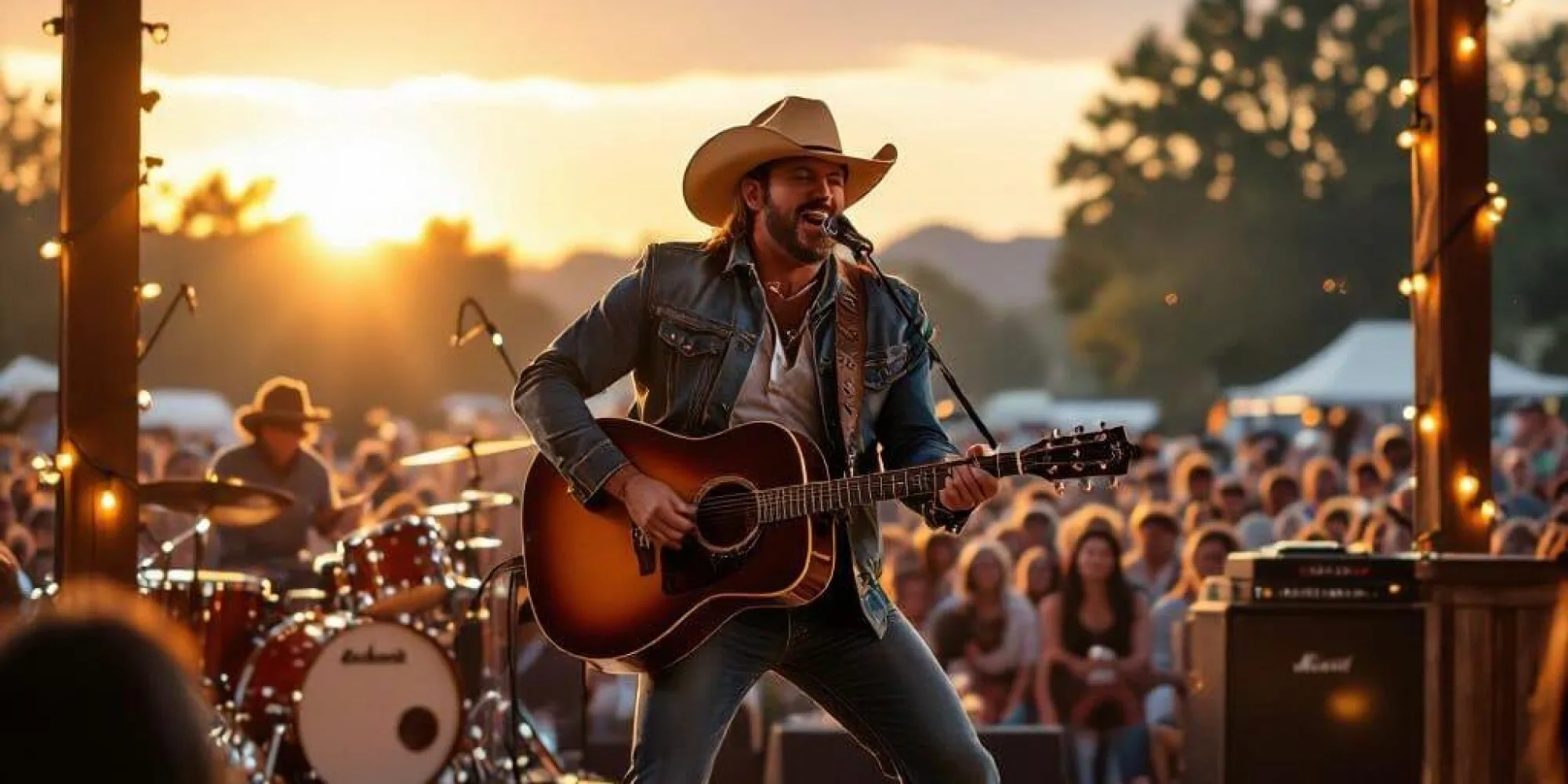
You Can’t Outwrite Sweet Home Alabama
I haven’t been around the AA rooms for a couple of weeks—business took me away. But today, during a 20-minute lunch break, I walked a regional town boardwalk parallel to the waters of Bass Strait, chasing grace like I always do. I reached out to a fellow AAer just to check in. Dr. H’s recovery is going well, but a bit rocky.
She didn’t pick up, but called me back an hour later. Her instincts, she said, were telling her not to rush the Twelve Steps—this being her third time around. “What do you think?” she asked.
I wanted to shout Hallelujah. But a quick scan of my surroundings—a room full of armored military combat vehicle engineers—suggested that might be a bit much. So I told her plainly: her instincts are 100% spot-on.
I’ve seen Step rushers before. They buy into this bizarre logic that the Steps are sequential, and that the faster you complete them, the quicker you’ll have a spiritual awakening. And Bob’s your uncle—you’ll never want to drink again. That concept is ridiculous. It only works if God has teams of spiritual auditors with clipboards, letting you pass “Go” to enlightenment after Step 12.
The pursuit of grace—and the arrival of a spiritual awakening—is probably a thousand times harder than writing a hit song. And writing hit songs isn’t easy. It has nothing to do with ticking boxes.
Take Sweet Home Alabama. Three chords: D–C–G. A straightforward melody. Stock-standard verse, chorus, bridge. Technically, anyone can play it. But you can’t write it. Because its success isn’t in the structure—it’s in the soul. The lyrics are built from real-world Deep South living. They tap into southern pride, nostalgia, and defiance. “Where the skies are so blue” isn’t just poetic—it’s a spiritual coordinate.
Doing the Twelve Steps is the same. You have to live it. Feel it. Think about it. Tap into your spiritual self-awareness. Don’t regret your past—start telling your story. The sober story of you.
If you think you can rush through the Steps without letting your spiritual pursuit grow and your grace gravity develop through lived experience, then you think you can pad your bedroom with egg cartons, grab a $200 guitar, and write a better song than Sweet Home Alabama.


About Jason Bresnehan
Jason is a fixer—of businesses, of broken momentum, and occasionally of entire spiritual frameworks gone sideways. He speaks fluent boardroom and AA, deploys Catholic doctrine with the subtlety of a scalpel, and isn’t afraid to lace his insights with both war-room metaphors and dad-sermon tenderness.
Founder of Evahan, a consultancy built on the idea that legacy and liquidity don’t need to fight, Jason draws on 30 years of commercial grit, tactical leadership, and emotional radar to help people rebuild what entropy took. He works with companies, communities, and recovery misfits alike—often using the same principles to sort both cap tables and chaotic lives.
Jason draws deep inspiration from historical figures who got results—especially those who led from the margins, built with scarce resources, and refused to be shackled by conventional wisdom. He’s known for assembling unorthodox teams of passionate experts to solve complex problems in chaotic environments. Whether in boardrooms, recovery communities, or legacy disputes, Jason’s approach is rooted in common purpose, tactical innovation, and the belief that clarity thrives when paradigms are challenged.
A strong advocate for freedom, limited government, and enterprise-driven progress, Jason also draws deeply from his personal recovery journey—an experience that reshaped his life and fuels his commitment to growth, contribution, and principled living. Through writing, speaking, and service, he continues to learn, share, and speak with purpose.
I can be engaged (on a remunerated or volunteer basis) to sit on Boards, Committees, Advisory and Reference Group Panels, and to speak to Business, Community, and Youth groups. I’m also open to providing comment to media on topics where I have relevant experience or insight. Please feel free to make contact.
